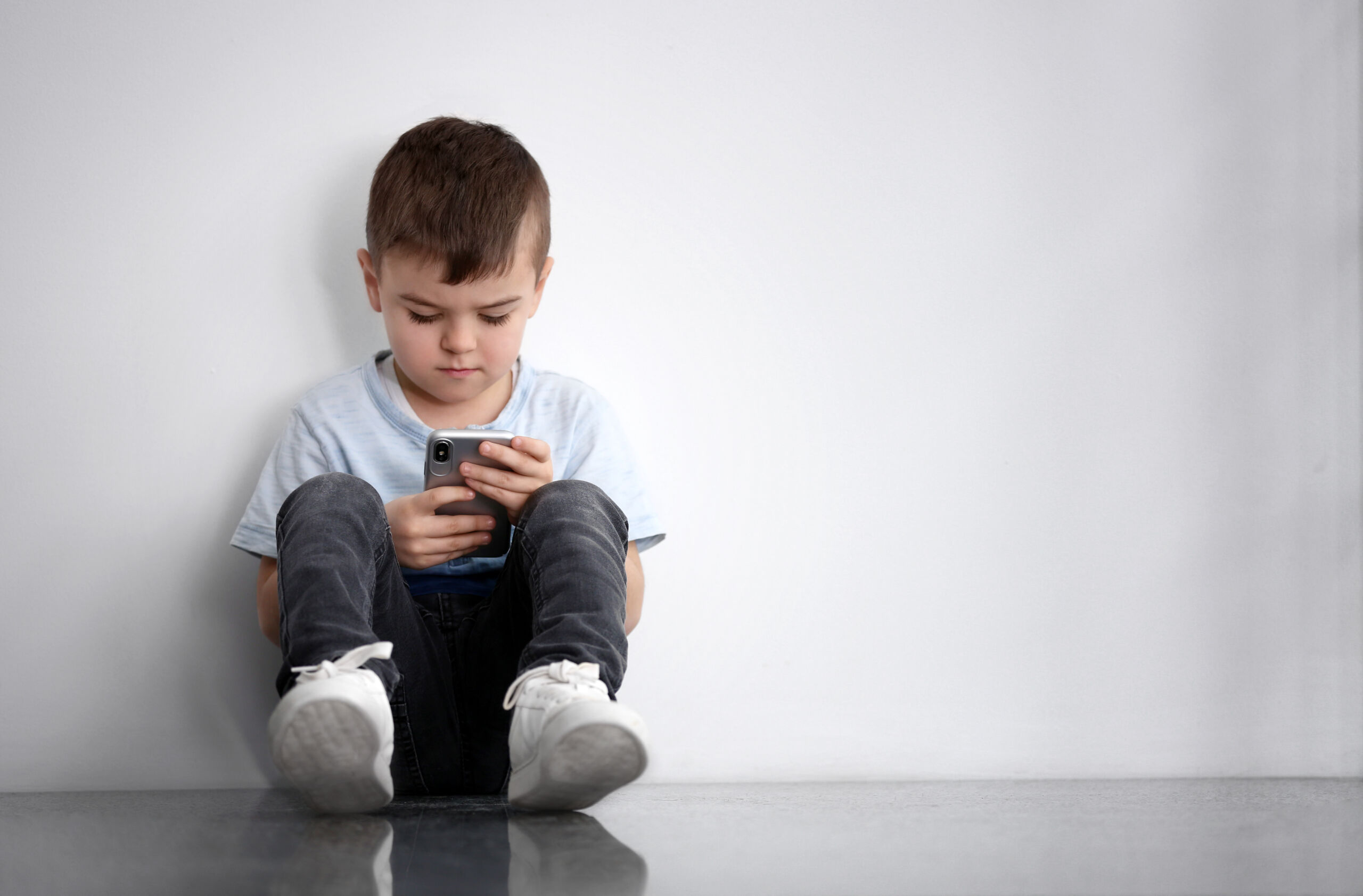Blog

ABA Therapy Tip: Kids With Disabilities Vulnerable to Negative Effects of Too Much Screen Time
Teenagers and children prone to depression, apathy or behavior problems may benefit significantly from an “electronics fast,” according to a new article published in Psychology Today. At our FOCUS Fort Myers ABA therapy clinic, we have noted that exposure to electronics in children of all ages is an environmental factor many parents overlook when analyzing how to curb certain behavior issues.
For example, if your child is having a difficult time at dinner sitting still, focusing or avoiding meltdowns, handing them a smartphone to occupy them for a few minutes is not an uncommon strategy. It’s often effective too – at least in the short-term. The problem is the adverse impact it has in the long-term.
Firstly, in this situation, the parent is unintentionally reinforcing the undesirable behavior by rewarding the child with a screen – something they probably desperately want. But even if it buys you a few minutes of quiet time (and we don’t doubt that so many parents need that), what it won’t do is help your child get any better at sitting through a meal.
Further, it’s likely to be exacerbating behaviors subsequent to meal time, and the effects can be cumulative.
Why Electronics Exposure Can Be So Harmful for Developing Minds
As explained by Dr. Victoria Dunckley, a child and adult psychiatrist, screen time (particularly the kind that is interactive) is akin to a stimulant. (Think caffeine or amphetamines.) It gives children a “high” – one they will continue to seek, but that can leave them with certain side effects, like hyperarousal and dysregulation. This is what some psychiatrists and ABA therapy professionals refer to technology addiction.
Children with conditions like autism are often hypersensitive to stimulants. This is as true for electronics as it is for pharmaceuticals. Stimulants can make children with autism:
- Over-focused
- Obsessive-compulsive
- Irritable
- Weepy
- Unable to sleep
Stimulants also have the potential to exacerbate existing problems like sensory issues, aggression, tics or self-injurious behaviors.
The reality is these impacts exist for all of us. But children with some special needs, particularly autism, are going to be more prone to experiencing these negative effects, feel them more acutely and be less able to bounce back from them. As Dunckley explained, “Their brains are more sensitive and less resilient.”
She recommends any that any child experiencing negative effects from screen time take an “electronics fast.” This gives the child’s nervous system time to “reset.” At the very least, it’s wise to make a pointed effort to begin scaling back.
Tech Overuse Common Among Children With Autism
Unfortunately among families of children with autism and other special needs, social and emotional factors can easily contribute to overuse of technology.
As our ABA therapy professionals know, many of these parents are dealing with behaviors that are highly disruptive. As in the dinnertime scenario, handing them a phone quiets those behaviors, at least for a time, making it an extremely tempting option.
Some parents think that video games can be a way for their child to connect with other children. “It’s something they can do together.” In very limited circumstances, maybe, but it’s not helping with face-to-face, everyday social interaction.
Some of the other reasons children with autism are particularly vulnerable to excessive screen time and technology addiction include:
- Low melatonin and sleep disturbances. These elements help our body to regulate hormones and brain chemistry, which might help with keeping otherwise addictive exposures in check.
- Arousal regulation issues. This is manifested in a tendency to be over- or under-stimulated, having an exaggerated stress response and overall emotional dysregulation. Screen time increases all of these, and can contribute to acute and chronic stress.
- Social and communication deficits. Much of what our ABA therapy team works on with these children are problems with eye contact, reading facial expressions and body language, feeling empathy and communicating. Excessive screen time hinders the development of these skills by directly competing with social rewards.
- Higher anxiety levels. Kids with autism are already more susceptible to social anxiety and obsessive-compulsive traits. Screen time puts kids at increased risk for both.
The bottom line is that while children with autism and some other conditions may be highly attracted to screen-based technology, they are at increased risk of developing addictions and are more likely to display adverse reactions with even smaller amounts of exposure.
If you have questions about how much or the type of screen time that may be adversely affecting your children, the therapists at our Fort Myers ABA therapy clinic can help. Our occupational therapists can also answer ways you can begin scaling back on screen time.
FOCUS offers ABA Therapy in Fort Myers for children in Southwest Florida. Call (239) 313.5049 or Contact Us online.
Additional Resources:
Autism and Screen Time: Special Brains, Special Risks, Dec. 31, 2016, By Dr. Victoria Dunckley, Psychology Today
Screentime Is Making Kids Moody, Crazy, and Lazy, Aug. 18, 2015, By Dr. Victoria Dunckley, Psychology Today
More Blog Entries:
ABA Therapy Tips for Autism-Friendly Holidays, Nov. 17, 2019, FOCUS Fort Myers ABA Therapy Blog

Comments are closed.